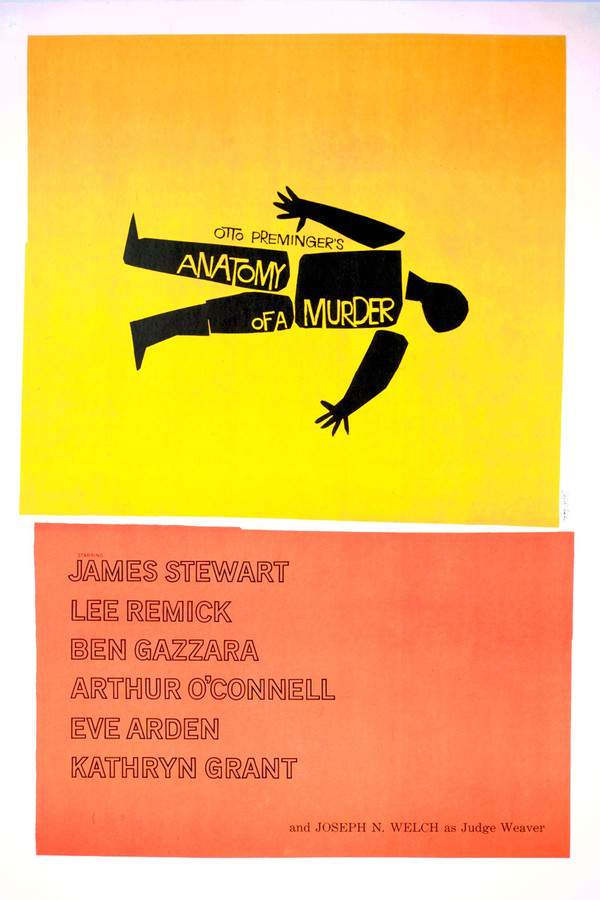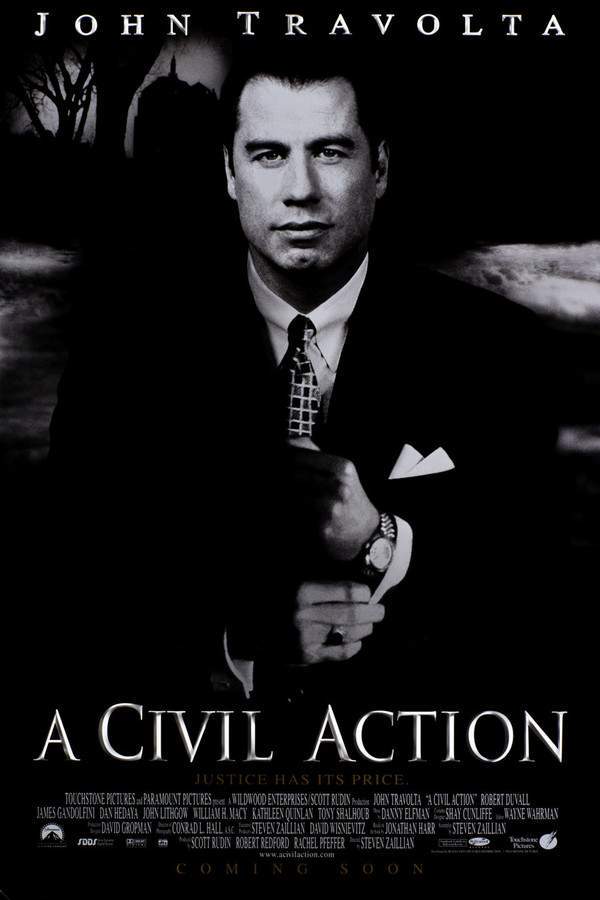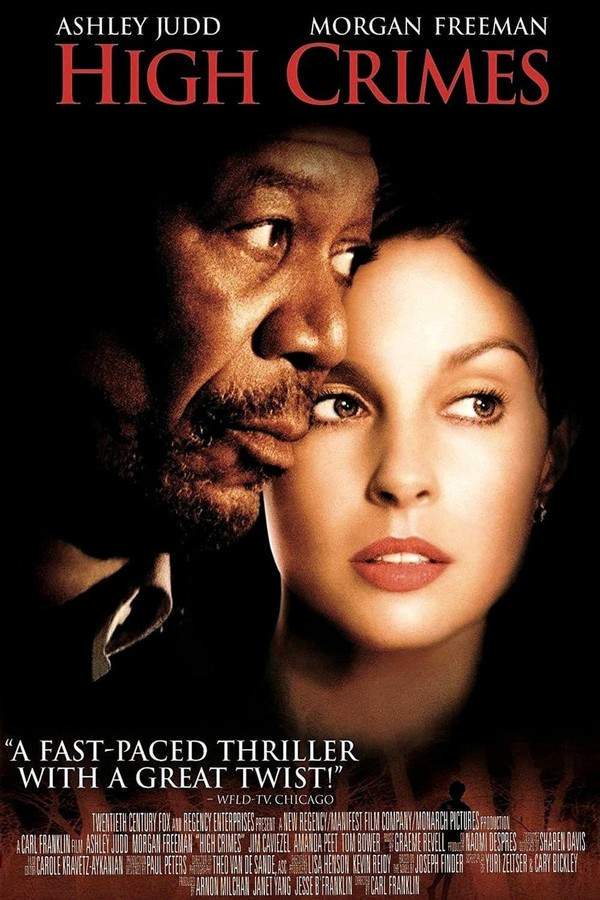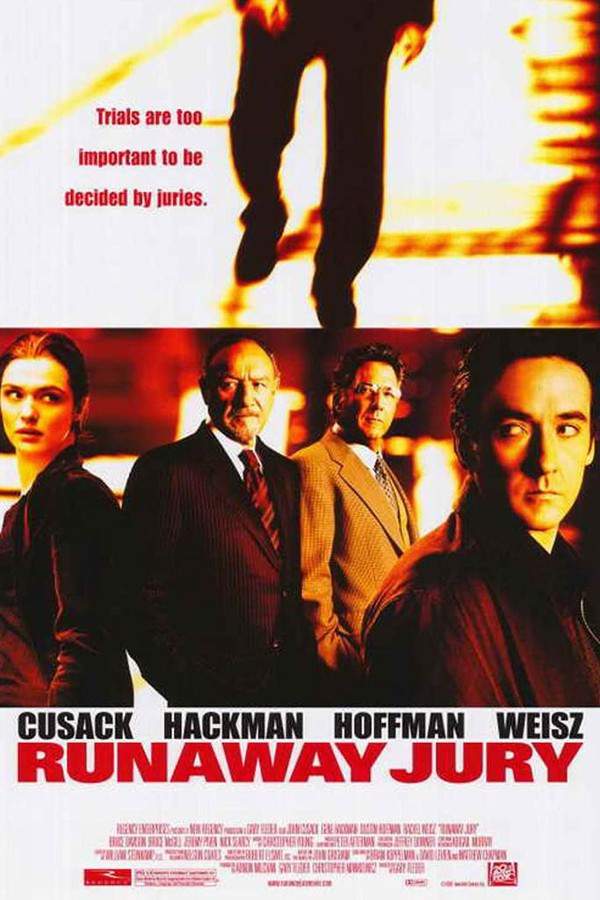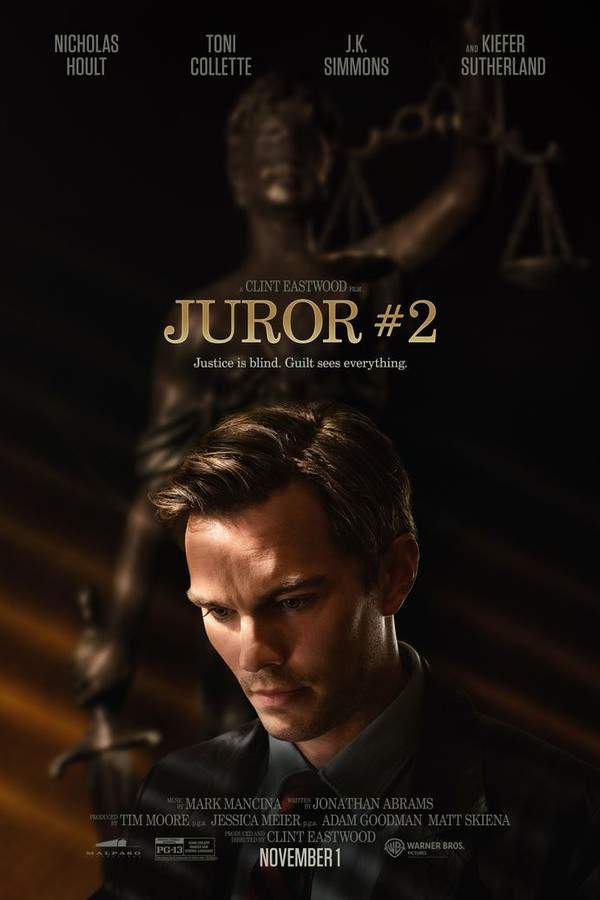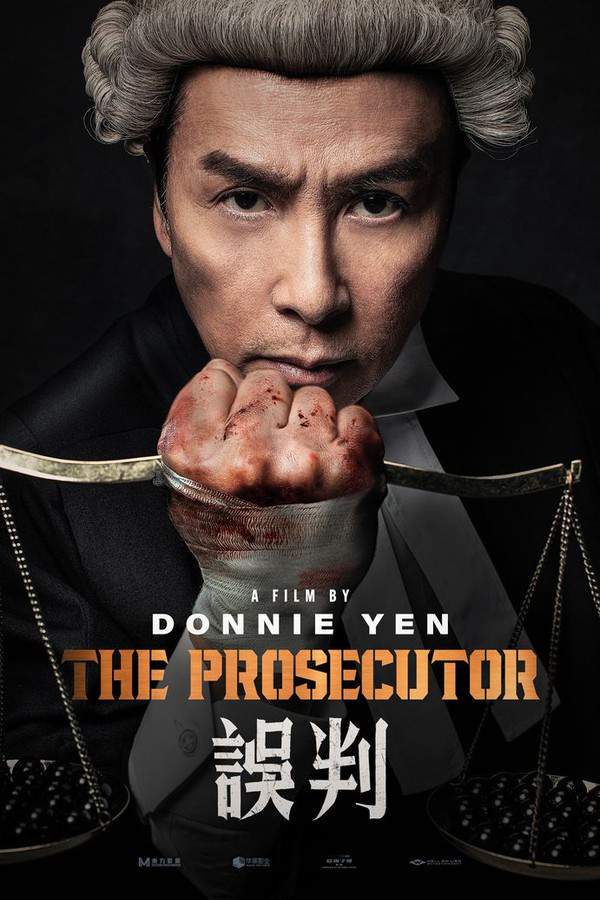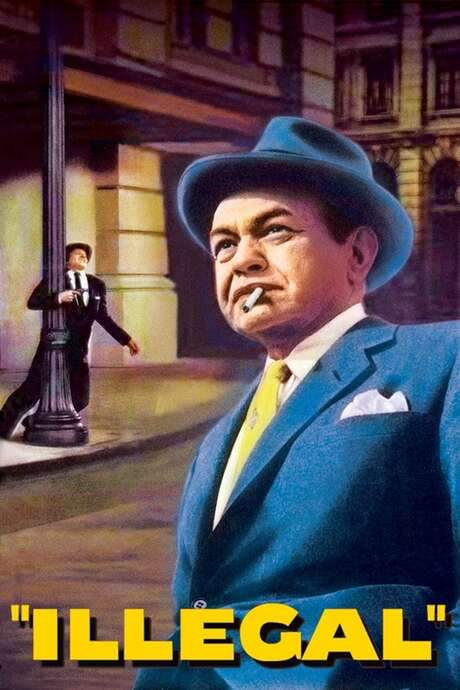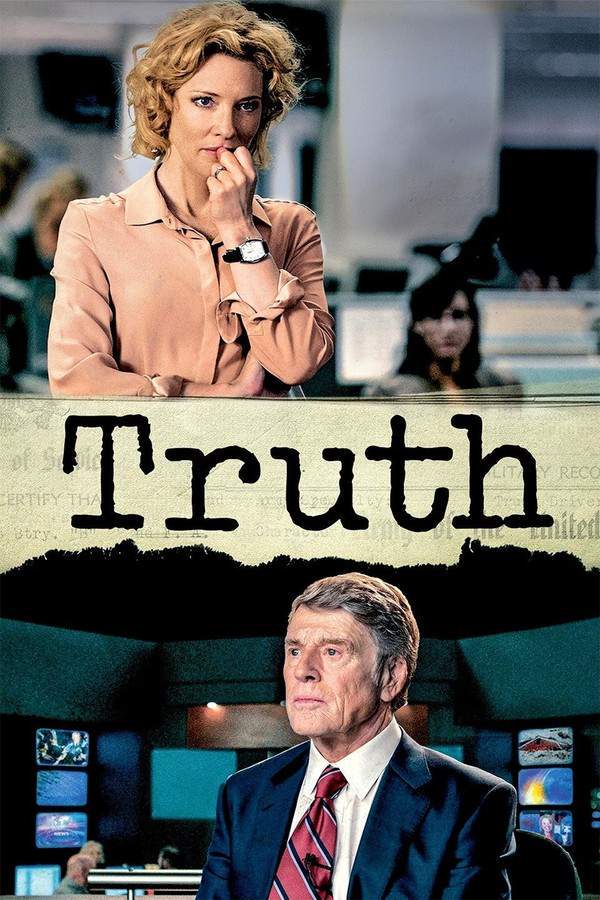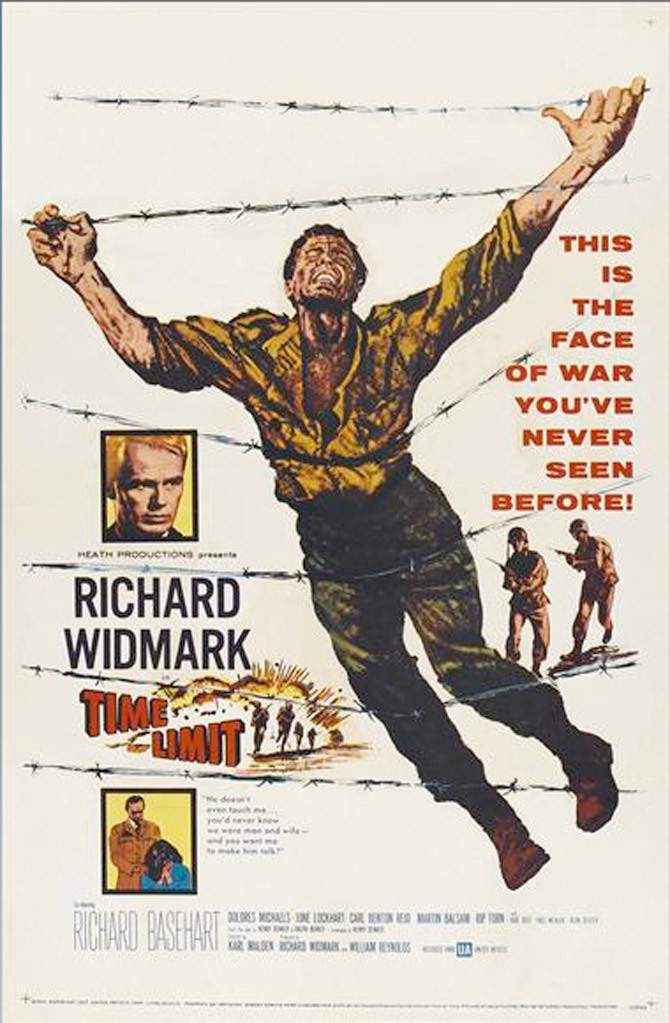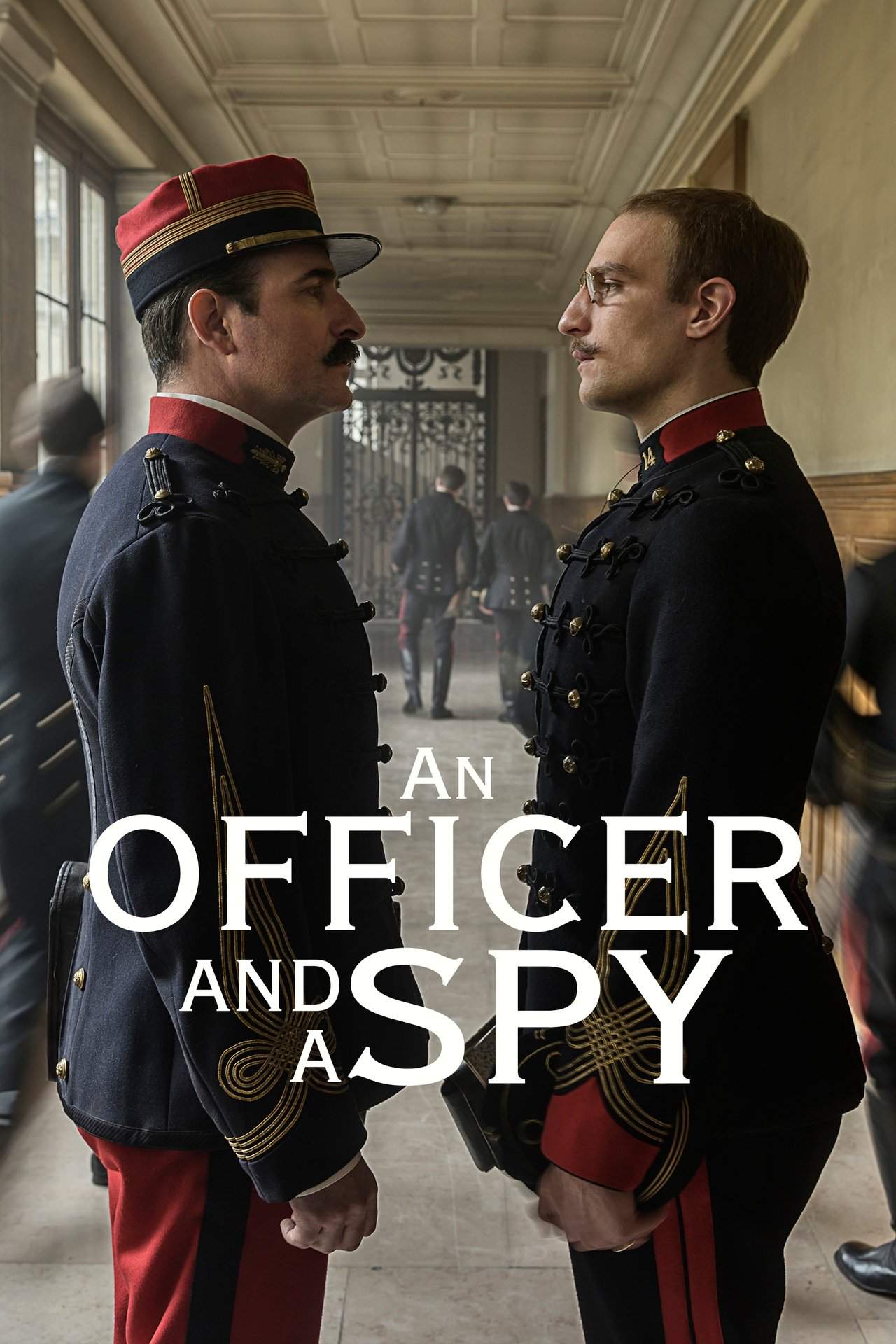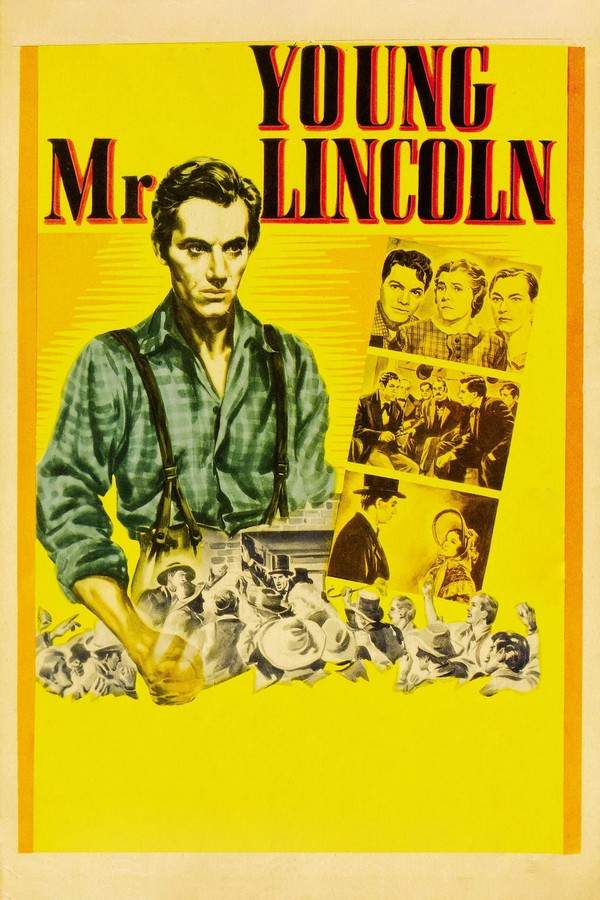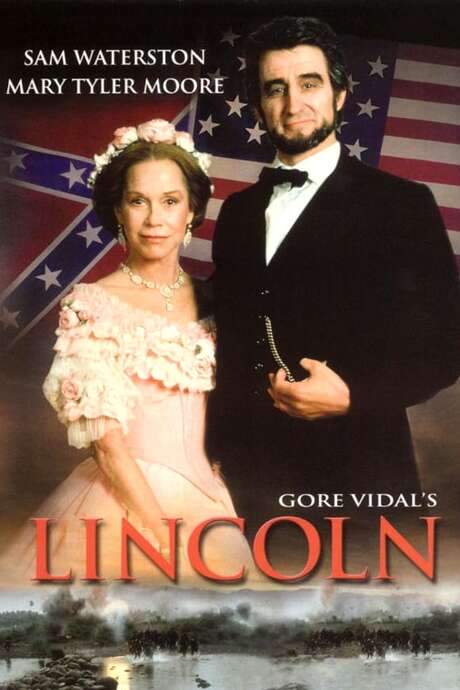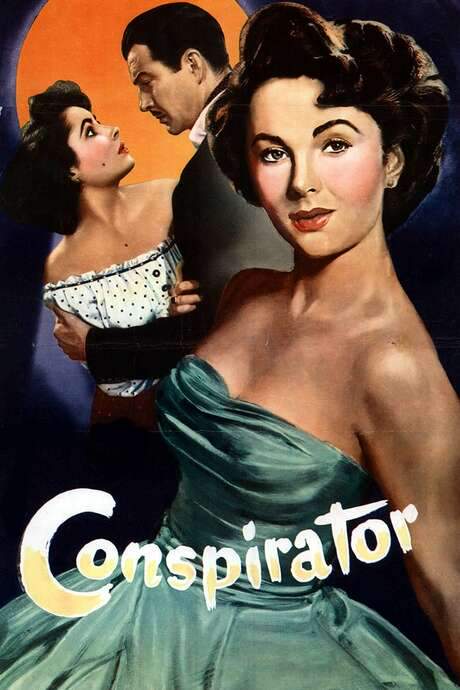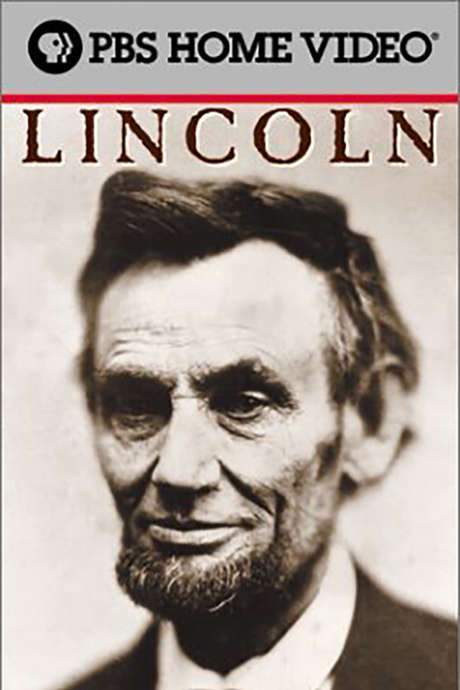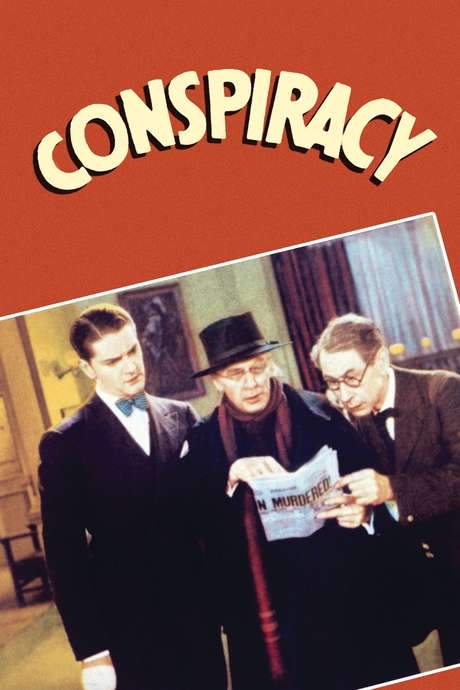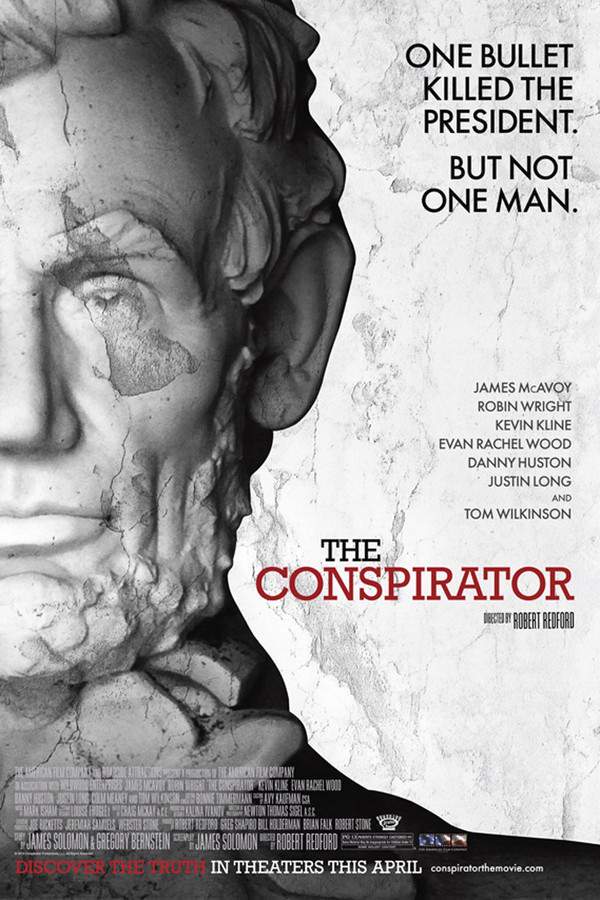
The Conspirator
Year: 2011
Runtime: 123 min
Language: English
Budget: $25M
In the aftermath of President Lincoln's assassination, idealistic lawyer Frederick Aiken takes on the challenging case of Mary Surratt, a woman accused of involvement in the conspiracy. As Aiken investigates, he navigates a web of political turmoil and personal risk, uncovering layers of deception and questioning the true extent of Surratt's guilt. The film explores themes of loyalty, justice, and the complexities of a nation grappling with tragedy.
Warning: spoilers below!
Haven’t seen The Conspirator yet? This summary contains major spoilers. Bookmark the page, watch the movie, and come back for the full breakdown. If you're ready, scroll on and relive the story!
The Conspirator (2011) – Full Plot Summary & Ending Explained
Read the complete plot breakdown of The Conspirator (2011), including all key story events, major twists, and the ending explained in detail. Discover what really happened—and what it all means.
As the nation relishes the moment on April 14, 1865, celebrating the end of the Civil War marked by General Robert E. Lee’s surrender at Appomattox Court House in Virginia, Frederick Aiken (lawyer and Union veteran), alongside his closest allies William Thomas Hamilton and Nicholas Baker, as well as his wife Sarah Weston, immerses himself in the jubilant atmosphere. Yet, the night of festivities quickly turns into a nightmare as a pivotal series of events unfolds, destined to alter the trajectory of American history forever.
On this tragic night, John Wilkes Booth seizes the moment to instill terror among those who championed freedom and equality. He brazenly enters Ford’s Theater and shoots President Abraham Lincoln in the back of the head while the President enjoys the play Our American Cousin. In the chaos, Booth also stabs Henry Rathbone, a guest at the Presidential box, and boldly leaps onto the stage, proclaiming, > “Sic Semper Tyrannis! The South is avenged!” before making his hasty escape to Maryland.
As the shocking news of Lincoln’s assassination spreads rapidly, Aiken, along with Hamilton and Baker, watches in horror as the critically injured President is taken to a nearby boarding house, where he succumbs to his wounds early the next morning. With this profound loss, Vice President Andrew Johnson ascends to the presidency, ushering in a new and turbulent era. In the wake of this calamity, Secretary of War Edwin Stanton mandates the arrest of all suspects, including Mary Surratt.
While Booth and David Herold manage to elude capture for several days, their luck runs out when Union soldiers uncover the barn where they suspect the conspirators are hiding and set it ablaze. Herold surrenders, but Booth meets his end at the hands of Sergeant Boston Corbett when he brandishes his rifle at the approaching soldiers.
As authorities intensify their search for John Surratt, Mary’s son, Mary Surratt’s defense falls into the hands of Mary Surratt’s Defense Attorney Reverdy Johnson, a Maryland Senator and Aiken’s boss. However, impeded by his Southern sympathies, he struggles to mount an effective defense and eventually solicits Aiken’s help, a Northerner, to take on Mary’s case alongside co-defendants Michael O’Laughlen, Edman Spangler, Samuel Mudd, and Samuel Arnold.
Upon entering Mary’s cell, Aiken is met with her anxious gaze imploring him to check on her daughter, Anna, who lives in the boarding house rife with murmurs of conspiracy. With a solemn sense of duty, Aiken agrees, his footsteps echoing through the dim corridors as he embarks on a quest for clues that may either vindicate or implicate Mary. In a significant moment, Aiken discovers a ticket with the initials “LJW” (belonging to Louis J. Weichmann), a seminary friend of John who had clandestine ties to Booth, revealing layers of deceit soon to unfold in court.
As Weichmann testifies, his words sketch a vivid narrative of John’s covert meetings with Booth and other key figures like Herold, Powell, and Atzerodt who frequented Mary’s boarding house. Aiken astutely dissects Weichmann’s statements, casting doubt on his credibility and weaving a complex web of guilt.
Despite his growing misgivings about Mary’s innocence, Aiken seeks to confront her again. She introduces an alternative perspective, asserting that John and his associates originally planned to kidnap Lincoln rather than kill him. She states that Booth intervened, misinforming them of the President’s whereabouts just two weeks before. The silence from Anna during Aiken’s inquiries reinforces the loyalty that Mary commands from her family.
In the courtroom, Chief Prosecutor Joseph Holt calls innkeeper John Lloyd to testify, painting Mary as the orchestrator behind the assassination plot. Lloyd claims she provided him with binoculars and instructed him to prepare pistols and whiskey for the night of Lincoln’s assassination. Aiken’s incisive questioning reveals Lloyd’s admitted alcoholism, leading to a volatile scene as he is dragged out of the courtroom in a fit of rage.
Upon entering the prestigious Century Club, Aiken faces a harsh revelation: his membership is revoked due to his steadfast defense of Mary. This news triggers a confrontational argument with Sarah, culminating in her disowning Aiken and leaving his life. Striving for solace, Aiken pleads with Anna to testify for her mother, whose sworn statement shifts the blame for Lincoln’s assassination onto her brother John.
Anna’s testimony instigates a visit from Father Jacob Walter, who has been tending to Mary during her imprisonment. Despite claiming ignorance regarding John’s location, Aiken seizes the opportunity to relay a message to John through Walter, warning him of his mother’s impending execution unless he surrenders.
As the judicial process unfolds, Mary Surratt is found guilty on all charges and is sentenced to life in prison. However, with Stanton’s influence, her fate is altered, and she faces execution alongside Powell, Herold, and Atzerodt, while Mudd, Arnold, O’Laughlen, and Spangler are similarly condemned to prison.
Aiken remains unyielding in his pursuit, obtaining a writ of habeas corpus from Judge Andrew Wylie to challenge Mary’s sentence. However, President Johnson swiftly nullifies this writ, leading inexorably to the grim execution of four condemned prisoners.
Fifteen months later, Aiken visits John Surratt, who has been captured abroad and is now imprisoned. Despite John’s gratitude for Aiken’s kindness towards his mother, he dismisses the rosary Aiken extends as a gesture of comfort. This poignant exchange foreshadows the landmark ruling by the U.S. Supreme Court a year later, which establishes the fundamental right of citizens to be tried by a civilian jury—even during wartime (Ex parte Milligan).
As the tumultuous chapters of this saga draw to a close, Aiken turns away from the courtroom battles and embraces a new role as The Washington Post’s first City Editor, marking the dawn of an exciting new journey in his life.
Last Updated: November 22, 2024 at 18:32
Explore Movie Threads
Discover curated groups of movies connected by mood, themes, and story style. Browse collections built around emotion, atmosphere, and narrative focus to easily find films that match what you feel like watching right now.
Legal Dramas After National Trauma like The Conspirator
When a nation seeks justice, one lawyer must defend the undefendable.For viewers who appreciate movies like The Conspirator, this collection features courtroom dramas set in the aftermath of profound national tragedies. These films explore the tension between the rule of law and public sentiment, often focusing on a single lawyer's difficult fight for justice against overwhelming political forces.
Narrative Summary
The narrative follows a legal professional, often an idealist, who is thrust into defending a controversial figure accused of involvement in a catastrophic national event. The journey involves uncovering difficult truths, facing public scorn, and grappling with the question of whether true justice can be served when emotions are running high, often culminating in a bittersweet or morally ambiguous conclusion.
Why These Movies?
Movies are grouped here because they share a specific setting and conflict: a courtroom under the shadow of a recent, large-scale tragedy. They are united by a heavy emotional weight, a tense tone driven by political anxiety, and a central theme questioning the integrity of justice systems under extreme duress.
Somber Historical Investigations like The Conspirator
Uncovering difficult truths in the shadow of a pivotal historical event.If you liked the investigative and moral gravity of The Conspirator, this list features movies that share its somber, gripping approach to history. These films follow characters uncovering the truth behind significant events, often facing personal risk and ethical dilemmas, all set against a backdrop of national trauma or political upheaval.
Narrative Summary
The plot centers on a methodical investigation into a well-known historical event, focusing on a key figure or a lesser-known angle. The protagonist, often an outsider or a reluctant participant, peels back layers of official narratives to confront uncomfortable truths about guilt, complicity, and the messy realities of justice, leading to a conclusion that is more thought-provoking than triumphant.
Why These Movies?
This thread groups movies based on their shared vibe: a somber, serious tone applied to a historical investigation. They connect through a steady pacing that allows for deep immersion, a high level of intensity from the high-stakes subject matter, and a consistently heavy emotional weight that deals with themes of truth, betrayal, and legacy.
Unlock the Full Story of The Conspirator
Don't stop at just watching — explore The Conspirator in full detail. From the complete plot summary and scene-by-scene timeline to character breakdowns, thematic analysis, and a deep dive into the ending — every page helps you truly understand what The Conspirator is all about. Plus, discover what's next after the movie.
The Conspirator Timeline
Track the full timeline of The Conspirator with every major event arranged chronologically. Perfect for decoding non-linear storytelling, flashbacks, or parallel narratives with a clear scene-by-scene breakdown.

Characters, Settings & Themes in The Conspirator
Discover the characters, locations, and core themes that shape The Conspirator. Get insights into symbolic elements, setting significance, and deeper narrative meaning — ideal for thematic analysis and movie breakdowns.

The Conspirator Spoiler-Free Summary
Get a quick, spoiler-free overview of The Conspirator that covers the main plot points and key details without revealing any major twists or spoilers. Perfect for those who want to know what to expect before diving in.

More About The Conspirator
Visit What's After the Movie to explore more about The Conspirator: box office results, cast and crew info, production details, post-credit scenes, and external links — all in one place for movie fans and researchers.

Similar Movies to The Conspirator
Discover movies like The Conspirator that share similar genres, themes, and storytelling elements. Whether you’re drawn to the atmosphere, character arcs, or plot structure, these curated recommendations will help you explore more films you’ll love.
Explore More About Movie The Conspirator
The Conspirator (2011) Scene-by-Scene Movie Timeline
The Conspirator (2011) Movie Characters, Themes & Settings
The Conspirator (2011) Spoiler-Free Summary & Key Flow
Movies Like The Conspirator – Similar Titles You’ll Enjoy
Lincoln (2012) Complete Plot Breakdown
Young Mr. Lincoln (1939) Movie Recap & Themes
Saving Lincoln (2013) Plot Summary & Ending Explained
Lincoln (1000) Full Summary & Key Details
Manhunt (1000) Spoiler-Packed Plot Recap
Conspirator (1949) Plot Summary & Ending Explained
Abraham Lincoln (1930) Detailed Story Recap
The Conspirators (1944) Movie Recap & Themes
Abe Lincoln in Illinois (1940) Full Summary & Key Details
Lincoln (1992) Spoiler-Packed Plot Recap
The Day Lincoln Was Shot (1998) Detailed Story Recap
The Lincoln Conspiracy (1977) Detailed Story Recap
Conspiracy (1930) Film Overview & Timeline
The Tall Target (1951) Complete Plot Breakdown
The Conspirator (1961) Story Summary & Characters

